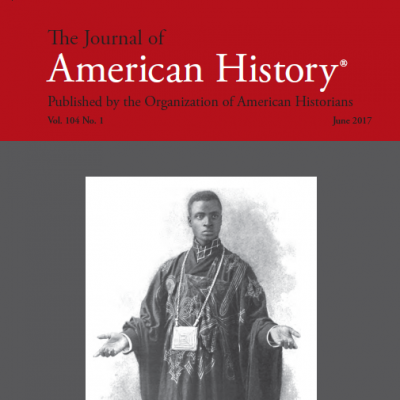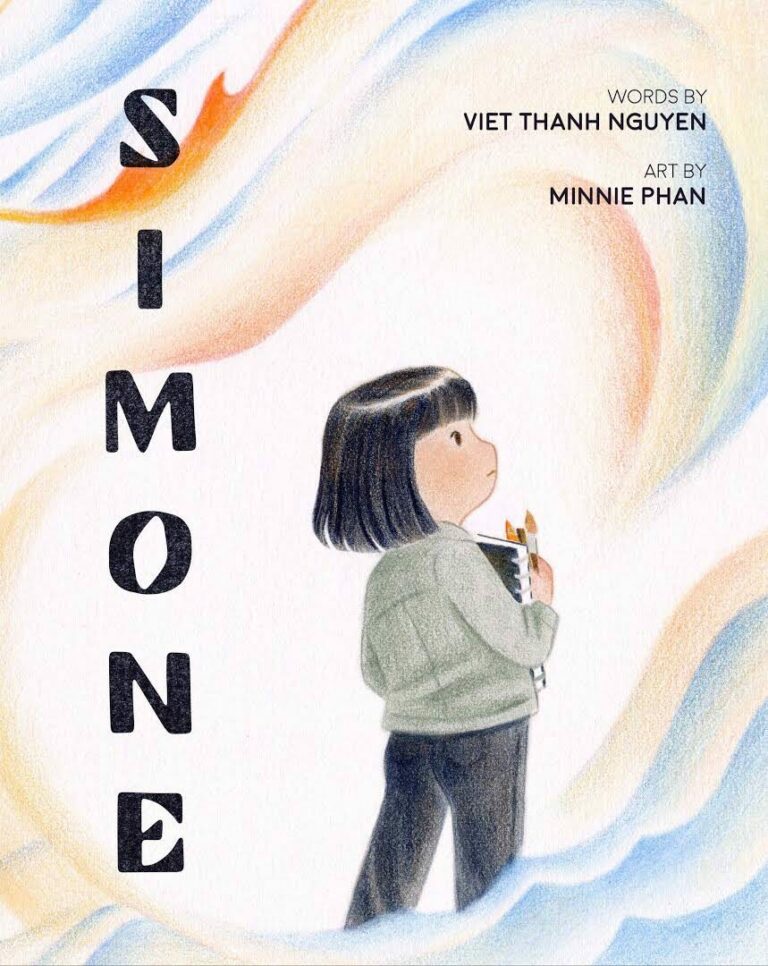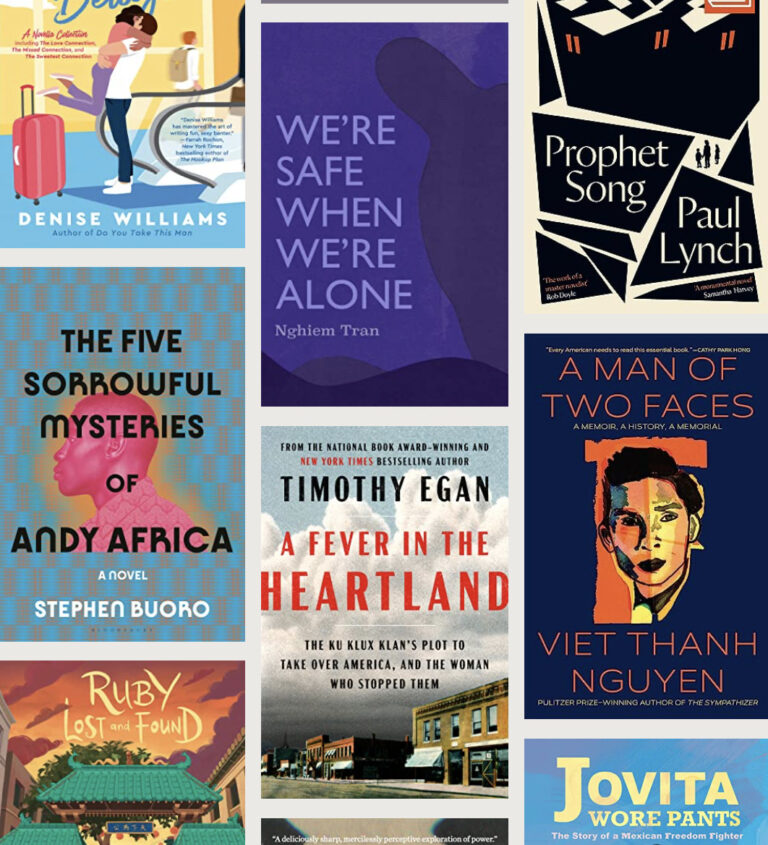Susan Southard from The Journal of American History reviews Viet Thanh Nguyen’s Nothing Ever Dies: Vietnam and the Memory of War.

Viet Thanh Nguyen’s Nothing Ever Dies is an elegant, scholarly, and searing exploration of how personal and national identity, ideology, economics, and the power dynamics between countries formerly at war—combined with each nation’s industries of war and memory—collectively shape individual and national memories of what the Vietnamese call the American War and Americans call the Vietnam War. Nguyen, born in Vietnam and raised in the United States, unpacks many layers of public and private remembrance, evaluating who controls the memories of the war—and why and how certain groups or individuals are commemorated while others are forgotten or eliminated from historical memory. In the United States the latter often includes the Vietnamese civilian survivors of the war, whose lives are forever affected by trauma, invisibility, or identity confusion after daring escapes from Vietnam and immigration to the United States.
Nguyen weaves military and political history, the psychology of remembrance, and detailed studies of ways the governments, as well as artists, writers, and filmmakers in Southeast Asia and the United States choose to remember the war. He effectively illustrates how glorified and biased ways of both remembering and forgetting render the “other” invisible (or evil), profoundly influencing individual and community consciousness and conscience. Through analyses of numerous works of art, literature, and film produced in Southeast Asia and the United States, Nguyen also demonstrates how art and literature by artists from less-dominant cultures are able to counter official narratives, tell the stories that have been accidentally—or intentionally—forgotten, and reveal deeper and more complex meanings of the war and its aftermath.
Although some sections are extremely dense and analytical, there are frequent passages of exquisite language and imagery, particularly when Nguyen describes the sites of ragged, barely remembered cemeteries and memorials in impoverished areas of Vietnam and elsewhere in Southeast Asia. “At Tham Phiu,” he writes,
I was alone in a cave where the local industry of memory, already fragile, stopped at the threshold. I made my way to where light met its opposite and I looked into the darkness. What had it been like with hundreds of people, the noise and the stench, the dimness and the terror? What was in the void now? I stood on the side of presence, facing an absence where the past lived, populated with ghosts, real or imagined, and in that moment I was afraid. (pp. 188–89)
“Just memory,” Nguyen asserts, strives to remember all parties engaged in war and “constantly tries to recall what might be forgotten” (p. 17). He calls for “true war stories,” which he defines as those that “insist on [the] dreadful knowledge of the inhumanity that exists within the human, and the humanity of those who appear inhuman” (p. 236). Weighted in the sadness and trauma of war and the distortion of memory, Nothing Ever Dies has the potential to change how we understand history and our own human existence. It is a must-read for historians and the general public alike.


